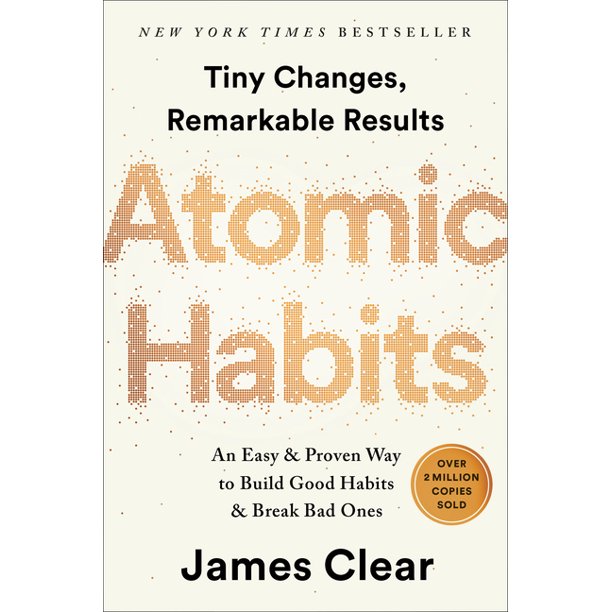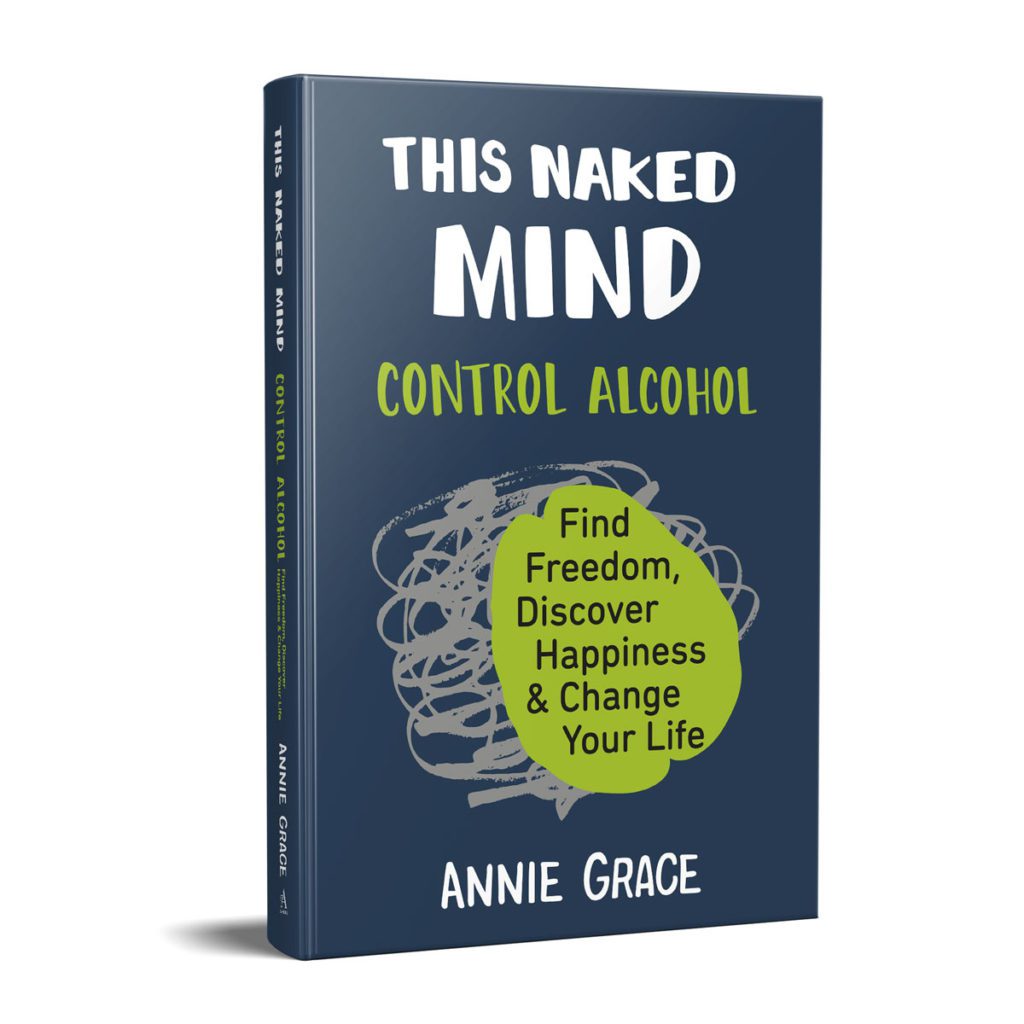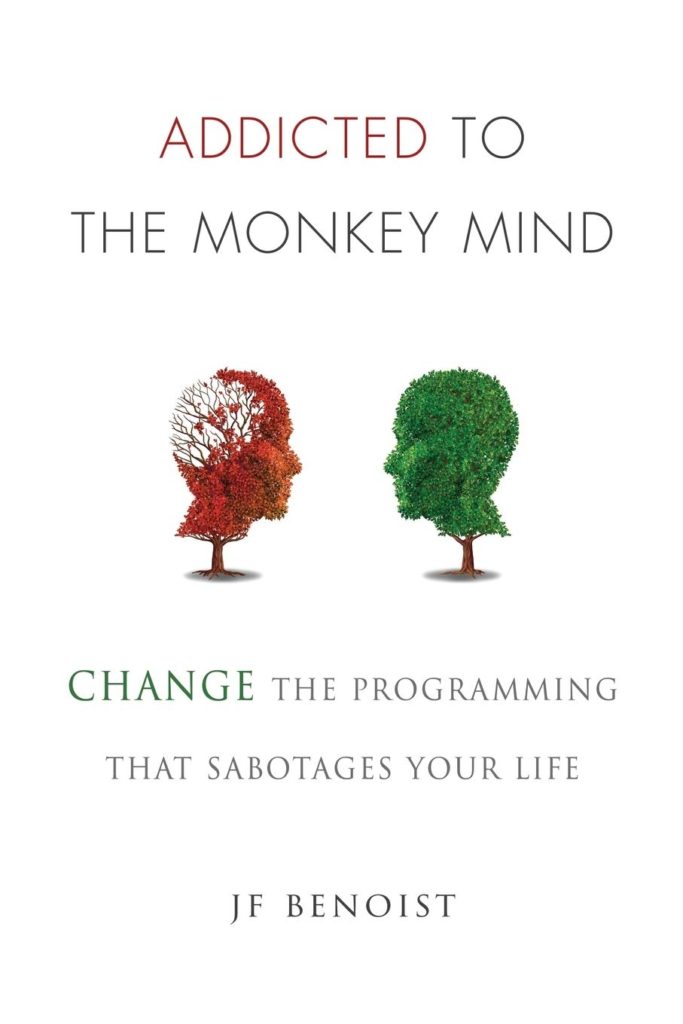Let’s start with your goals
Achieving your personal life goals requires breaking bad habits and making good habits. For me, I figure what’s the point of having achieved financial independence if I’ve got a bunch of baggage to carry along and can’t enjoy it. Am I truly embodying the person I want to be? To reach my goals, I need to develop new, productive habits (e.g. staying fit, eating well) that get me to my end goals and get rid of bad habits (e.g. vices, such as alcohol, screen time overload) that are standing in my way.
What are your goals? Are you trying to get healthier? Be a better parent? Are you interested in starting a business? Working toward financial independence? Whatever your goals may be, your habits, good or bad, will positively or negatively impact those goals. Now is a great time to check your habits.
What are the bad habits or vices getting in the way of achieving your goals?
Bad habits come in many forms. Over-eating, over-spending, over-watching, overdoing smart phone use and over-drinking are all examples.
Alcohol. I don’t characterize myself as an “alcoholic,” but my relationship with alcohol has not always been the most healthy. I think the same is true for the average person. Craft beer and red wine have been my jam for quite some time. I enjoy the different varieties and the culture of both beer and wine.
While I can go days or weeks without drinking, I find that alcohol is definitely a crutch when stress hits. Stress is my trigger for alcohol, and during stressful times, I want a drink or two at the end of that long, stressful day. I like the way the alcohol makes me feel in that moment. As time has gone on, I have found myself having more and more “stressful days.” But were my days really getting more stressful, or was the alcohol rearing its ugly head? Was I just craving alcohol more? It’s definitely a slippery slope.
What most people don’t realize is that it isn’t people who are addicts (contrary to popular belief), it is the substance itself that is addictive. The Centers for Disease Control and Prevention lists alcohol as a carcinogen and cite there are actually no safe amounts of alcohol a person should put into their body. And alcohol use has continued to rise over the past two decades without an end in sight. All around us, our culture has embraced alcohol with “day drinking” and “beer thirty” often common in our language. Everywhere you turn, there are references to alcohol.
I decided that this isn’t for me. The book This Naked Mind – Control Alcohol (see details below) helped me realize this. I found that alcohol was not helping me on my journey, but rather hindering my personal productivity and creativity. So, I decided to take steps to cut down. To reduce temptation, we no longer keep alcohol in our house. I reserve my drinks for when I meet up with friends or co-workers. In other words, when there’s a special occasion or purpose for them other than “another day at the office.” Another reason? I have two small children, and I’ve thought long and hard about the example I want to be to them. I don’t want them to see that drinking is what adults do to cope.
So far, my productivity has been amazing. Instead of having a couple of beers and binging on Netflix until I fall asleep, I’m doing more reading and writing in the evening. Do I feel deprived? At first, it was an adjustment, as your mind associates certain activities with other activities. But now, it is smooth sailing.
Over-spending. Over-spending is something that can lead to financial turmoil. The key to getting to the bottom of over-spending is figuring out why you’re doing it. Is it some sort of insecurity? Trying to fill a void? When I’ve talked to people with spending issues, it is quite often caused by present bias, meaning putting more weight on today and filling our lives with ‘things’ that will appease us in the moment instead of also looking ahead and caring for our future self.
We’ve also all heard the term “retail therapy.” Over-spending can be triggered as well, perhaps by stress. Finding new ways to cope with stress or to fill those voids is critical. To better nurture your “future self,” create a plan to pay yourself first, meaning set aside savings before you even get your hands on it. This will help set you up for greater success. Meaningful spending is ok, as it ensures you’re giving more thought to your purchases before moving forward with them.
Over-eating. Like anyone, I love my food. I also love my life. I recently read an article about the “blue zones” which are the areas in the world where there are the greatest concentrations of centenarians (people 100+ years of age). One of the common behaviors these people have that has allowed them to live so long is that they eat only until they are about 80% full. They do not eat to the point of feeling stuffed. Eating is a sport in the U.S. Our portion sizes are much larger than they should be, and the quality of the food on our plates is often processed and packed with sodium. Lots of overeating is also caused by our need for convenience. Running through a drive through is much easier than making a meal.
The key here is don’t deprive yourself, but there are steps that can be taken to avoid overeating. Meal planning and prep are a big part of that. Preparing and packing meals ahead helps to ensure portions are sized appropriately. This also helps ensure that you have convenient access to healthy food vs. fast food. Drink water with your meals and take your time eating. Be mindful when you eat. Listen to your body.
Over-watching of TV. Netflix and chill, right? With the popularity of streaming television, people are now doing a lot more binge watching. Outside of sleeping, Americans spend most of their time watching TV; on average, 3.1 hours per day. The way an entire series is “dropped” into streaming platforms all at once doesn’t helping the binge watching.
One thing that has worked for me is rewarding myself with an hour or two of watching in the evening only after I’ve completed a writing assignment or reading a chapter of a book. What I find is that I get so entrenched in the reading or writing that I forget to stop, and by the time I’m done, I’m tired and ready for bed. Another thing you should consider doing is turning OFF the auto-play feature that allows the next episode to begin following the completion of the last one. Making simple changes like that will help nudge you to a more positive behavior.
Overdoing Smart phone use (nomophobia). Guilty as charged! Nomophobia is the fear of being without your Smart phone. Are you tied to your phone? Do you take any pause, like waiting in a line, to check your phone? Have you ever forgotten your phone somewhere (even home) and experience anxiety because it wasn’t with you? You may have a certain level of nomophobia.
All of the pings, notifications and constant pokes have driven our phone use to extremes. 46% of Americans spend 5-6 hours on their phones daily. I found myself mindlessly scrolling Facebook with any spare moment I had. How many times have you looked over at the next car on the expressway only to find somebody texting while driving. Cell phone overuse is not only costing us productivity and time as well as distraction from our loved ones, but it is dangerous.
Some tips to consider include checking to see which apps you’re spending most of your time in. On iPhone, you can go to ‘settings’ and ‘screen time’ to see your daily overall average for hours on your phone. If you tap ‘see all activity,’ there’s a breakdown by app. This will help you get a solid understanding of where your time is going on your phone. Most of the time, it is not talking on your phone, but rather, addictive apps that are eating all of your time.
One thing that I’ve done which has drastically reduced my social media time is to turn off notifications. This literally cut my time on social media in half. I no longer check on every notification, but only when I have a free moment. You may want to even making bold moves and deleting some apps altogether.
Three books that will transform your habits and get you into action
If you are seeking some inspiration and practical advice for how you can reduce your bad habits and create new ones, the books below are on the top of my list. All have had a positive impact on me, including increasing my happiness, improving my productivity and reducing my level of stress. It really helps that my partner and I are in this together (she found some of these books). If you do have a partner, it would be great if you could both read and discuss these.

#1 Atomic Habits, by James Clear
This book blew my mind. It provides a clear framework for getting 1% better every day. The author teaches you how to master the tiny behaviors that lead to remarkable results. For instance, working out for only 5 minutes to start. He helps you understand that if you’re having trouble changing your habits, the problem isn’t you, it is the system you’re using. Bad habits repeat themselves not because you don’t want to change, but because you have the wrong system for change.
Atomic Habits will reshape the way you think about progress and give you the tools and techniques you need to transform your habits – whether you are an athlete looking to win a championship, a leader hoping to optimize an organization, or an individual who wishes to quit smoking, lose weight, reduce stress and achieve success that lasts.

#2 This Naked Mind – Control Alcohol, by Annie Grace
I was very apprehensive about reading this book. It piqued my interest because I was realizing that alcohol had become a larger part of my life than it had in the past. As I observe the world around me, I realize that alcohol has become a large part of many people’s lives. The problem is, there is a stigma associated with “alcoholism.” Alcohol helps us let loose and have fun. Nobody wishes to be labeled as an alcoholic and many people feel they’re in complete control. But, are they really?
Annie Grace shares her own story and struggles. She offers a new, positive solution to controlling alcohol, one that is based on the psychology of why we drink and what drives dependence on alcohol. She shares startling facts about alcohol. After reading this book, I felt instantly inspired to make changes in my life.

Addicted to the Monkey Mind, by JF Benoist
What is the monkey mind?
It chatters all day for all of us. It is that little voice that keeps you from achieving your highest potential.
“I look terrible in these pants – why can’t I lose some weight?”
“I’m stuck in traffic again. Why didn’t I leave earlier?”
“I don’t think I’ll ever succeed. Why even try?”
Addicted to the Monkey Mind offers a toolbox of practical skills to shift self-sabotaging, programmed ways of thinking into actionable steps to overcome addiction, resolve relationship issues, replace burnout with passion and sustained joy.
The author uses two relatable characters throughout to teach you how to develop a powerful new mindset and finally break the cycle of debilitating habits by creating a positive inner voice.
Get started on your journey now
I am not a big fan of New Year’s resolutions, but I do think that there’s something to be said about resetting yourself at specific times each year. Whatever goals you may have in store for yourself, make sure you have the appropriate systems and habits set up to get you there. And make sure your bad habits aren’t getting in the way of achieving the best version of yourself.
Until next time!


